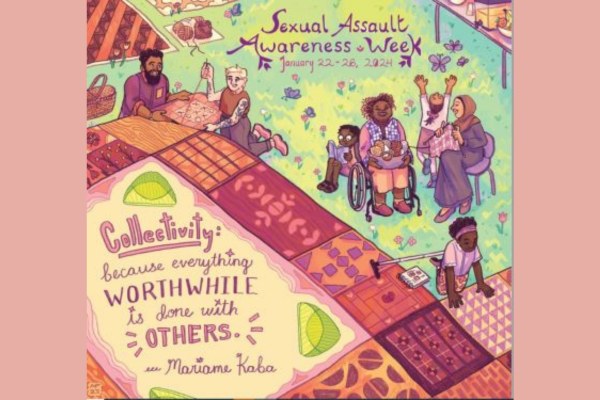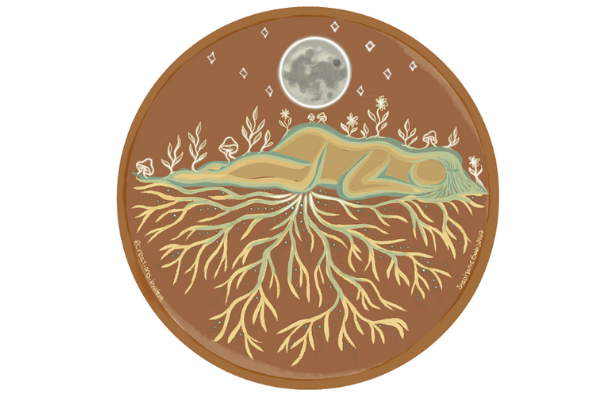Hey there! My name is JC Caramillo and I am currently a candidate for a Bachelor of Health Sciences with a concentration in Biomedical Sciences and a minor in Disability Studies – it’s a long title, I know. Last academic year, I was working with Health Promotion as a placement student and I’ll be returning as a Health Promotion Team Leader for the current academic year. I’m ecstatic to be providing my knowledge and wisdom with you, especially since this will my final year at Carleton University!
How’s it going, Ravens? If you don’t remember me, I don’t blame you – it’s been a while since I’ve been here! My name’s JC and I’ve written a few articles that tackle learning in an online environment, strategies for first year students, and sexual activity during the COVID-19 pandemic.
Today, I’ll be writing about human immunodeficiency virus, or HIV. Let me start off with a question: When you think of sexually transmitted infections, or STIs, which ones come to your mind? You may have thought of chlamydia, gonorrhea, or syphilis… but did HIV come up in your answers? If it did, I’m glad that you’re aware; if it didn’t, that’s okay – that’s what this post is for anyway!
HIV is often misconceived as something that only affects men who have sex with men (e.g. gay and bisexual men), although this is not the case at all. People who engage in heterosexual sexual activity (i.e. men who have sex with women, and vice versa) and people who use injection drugs are at risk of HIV infection. This idea that HIV is a ‘gay disease’ is dangerous as it generates stigma and discrimination against the queer community, and creates a false sense of safety for people who do not engage in homosexual sexual activity or in injection drug use. HIV is not a ‘gay disease’ and can affect anyone and everyone; this is why it’s important to eliminate this preconceived notion from our understandings of HIV.
Now that that’s been established, what does this mean for you? Well, we now know that HIV is not a ‘gay disease’ and that it can impact anyone. If you are sexually active and/or use injection drugs, it’s important to request an HIV test from a healthcare provider. Through statistical data looking at HIV testing rates in heterosexual people, we see that there are low testing rates among this population; this points towards how heterosexual people should be testing for HIV, among other STIs. Similarly, people who use injection drug use often test for HIV later during the infection phase, which increases the risk of transmission to other people.
Previously, when someone was infected with HIV, they were thought to have acquired a ‘death sentence’ – this isn’t the case anymore. Scientists and researchers have developed numerous drugs that slow the transition from HIV into acquired immunodeficiency virus, or AIDS, which allows for people with HIV to live a life that is just as long as people without HIV. This idea that HIV is a ‘death sentence’ adds to the stigma that HIV-positive people face as it reduces the use of healthcare services, negatively impacts mental health and self-esteem, and limits the conversation surrounding HIV.
It’s important to have this understanding that HIV doesn’t just impact men who have sex with men, because it can affect anyone. It’s also essential to understand that HIV infection does not mean a ‘death sentence’ because researchers have developed medication for it. The conversation about HIV seems so hard to have, given all the stigma surrounding it, but it’s crucial to reducing discrimination against HIV-positive people and to prevent future cases of HIV transmission. After reading this, I urge you to reflect on how your understanding and perception of HIV has changed. I hope that it’s provided you a new view on HIV and developed empathy for those who are positive.
Recent Quote the Raven Posts
Read the latest from our student Bloggers











 Ask Me
Ask Me